Reading the coverage of the recent breach of Adobe passwords, we learned that 1.9 million users used “123456” as their password. That’s right: out of 38 million cracked passwords, almost two million adults used ones more suited to five-year-olds.


Reading the coverage of the recent breach of Adobe passwords, we learned that 1.9 million users used “123456” as their password. That’s right: out of 38 million cracked passwords, almost two million adults used ones more suited to five-year-olds.

These trends highlight potential technological development opportunities for businesses across the region.

Marcus Jewell, vice president, EMEA at Brocade looks into his crystal ball to outline the top technology trends that Middle East enterprises should watch out for in 2014:
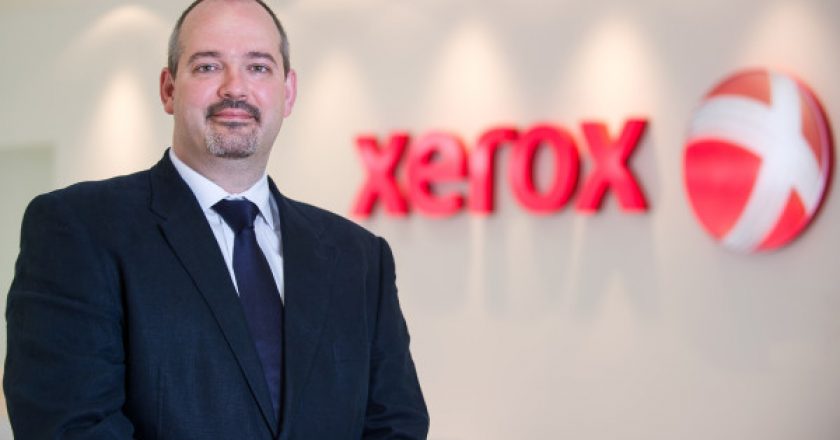
Xerox has released results of surveys into mobility in and out of the workplace, which reveal that 38% of workers feel most productive when at home.

Threats lurk within networks, endpoints or devices, often hidden in poorly configured settings or permissions, ineffective data governance, access management and usage policies. These unseen threats come from all perimeters of the organisation and major trends such as BYOD, big data, cloud, and mobile apps have increased the challenge faced by IT leaders.

Dell Software yesterday introduced a suite of software and services for enterprise mobility management, including a ‘secure workspace’ for mobile devices that lets enterprise IT managers separate work from data apps.

The bring-your-own-device (BYOD) trend has taken the world by storm, with many commentators labelling it an unstoppable force that the enterprise must come to terms with.
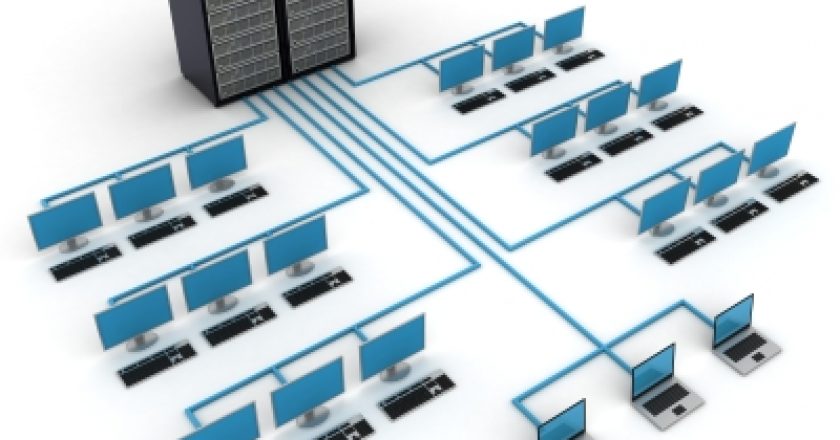
It’s a cold, hard fact that enterprises are putting more strain on their networks now than ever before. On top of this, never before has the risk of downtime been more pertinent―businesses simply can’t afford for their networks to be down, even momentarily, meaning the pressure is on CIOs to ensure that all services are up-and-running all of the time.
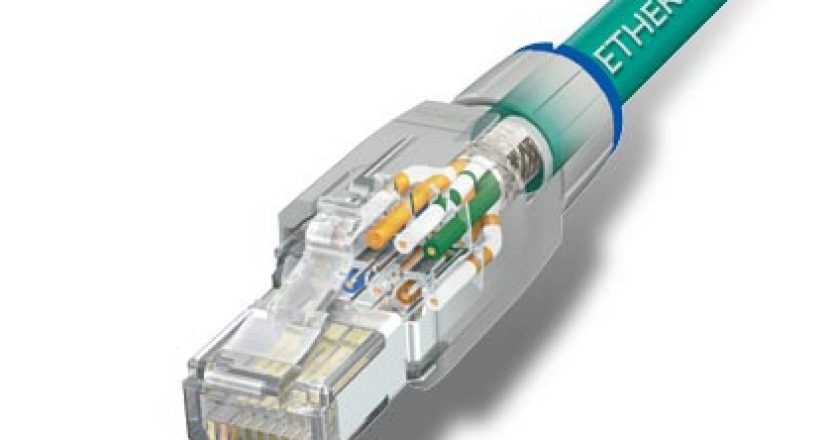
The growing popularity of 10 Gigabit and 40 Gigabit Ethernet in data centres helped the Middle East Ethernet switch market record the highest third quarter increase, according to IDC.
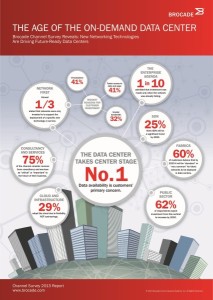
The survey reveals that channel partners who can help customers migrate to fabric-based networks will succeed in new networking landscape
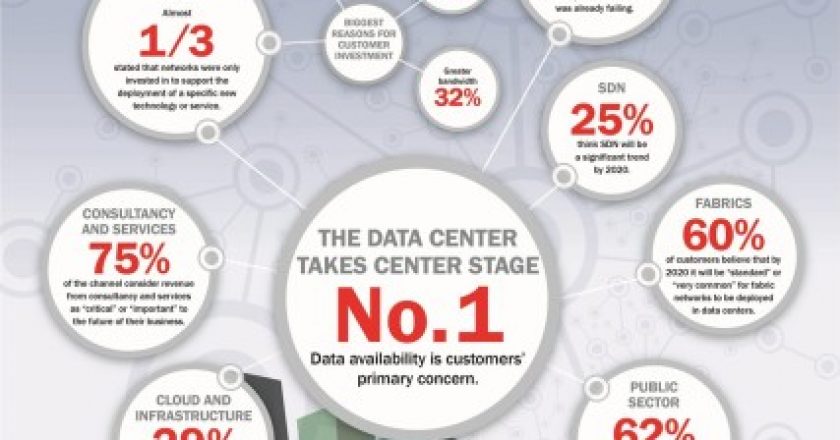
Brocade has released survey results which show that their customer’s primary network-specific concern is ‘data centre availability’ driven by virtualisation and mobility, as opposed to ‘network-complexity’.

When it comes to security, it seems everyone’s in a state of perpetual panic. Whether it’s mobile malware, BYOD or hacktivism, over the course of 2013 the issue of protecting valuable information and resisting attack has inspired a dizzying and persistent challenge.

Aruba Networks has signed a one-year memorandum of understanding with Aramex which will see the logistics and transportation solutions provider using a variety of Aruba’s technologies.

Sophos has released results of a study which shows some alarming findings on senior management’s knowledge of security procedures in SMBs.

Through the advent of mobility, smartphones and tablets are now more dangerous devices to enterprises than laptops and PCs.
Mobile malware continues to proliferate, and at the same time employees are insisting on bringing their personal devices to work.

IT professionals have plenty of reasons to be thankful these days: rising budgets, salaries and job tenures among them. But when it comes to IT management and spending priorities, they often don’t see eye-to-eye with their organisations.

With some commentators labeling the BYOD trend as unstoppable, organisations are now turning to MDM to ensure the security of their networks. But how should MDM be tackled?
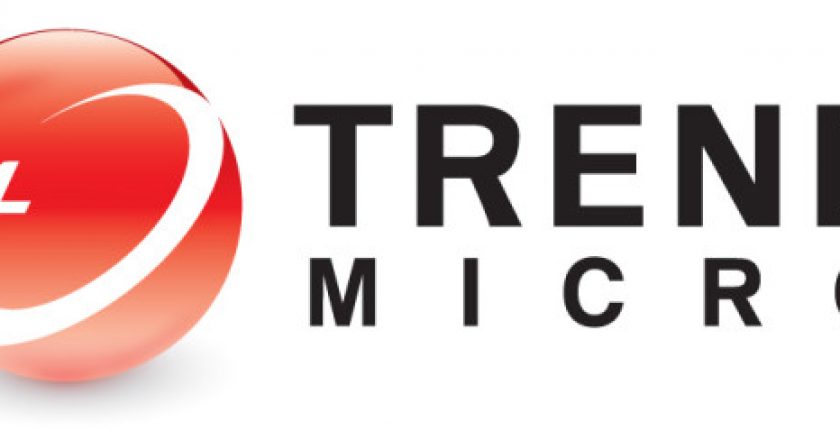
Trend Micro’s Integrated Data Loss Prevention product has won DLP Solution of the Year at the prestigious Computing Security Awards.

The new AP832 delivers up to three times the performance of competing 802.11n access points.
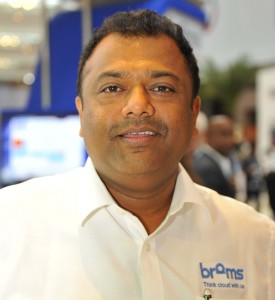
The cloud service provider is expecting a 100 percent growth from next year and is also looking at increasing its cloud services.